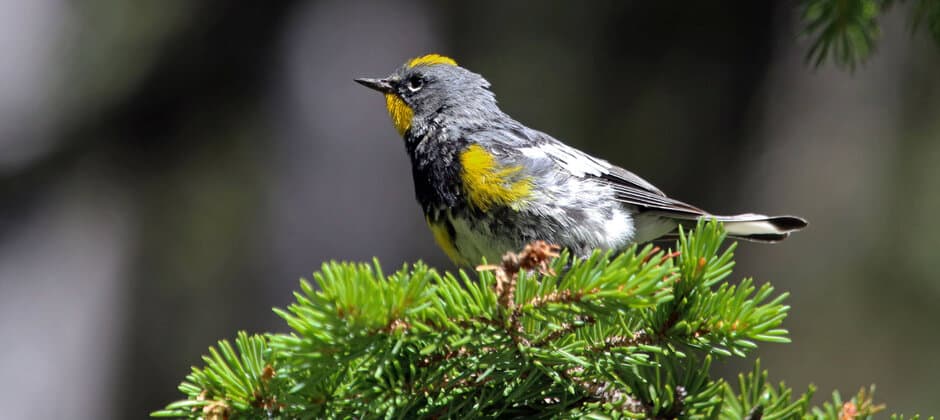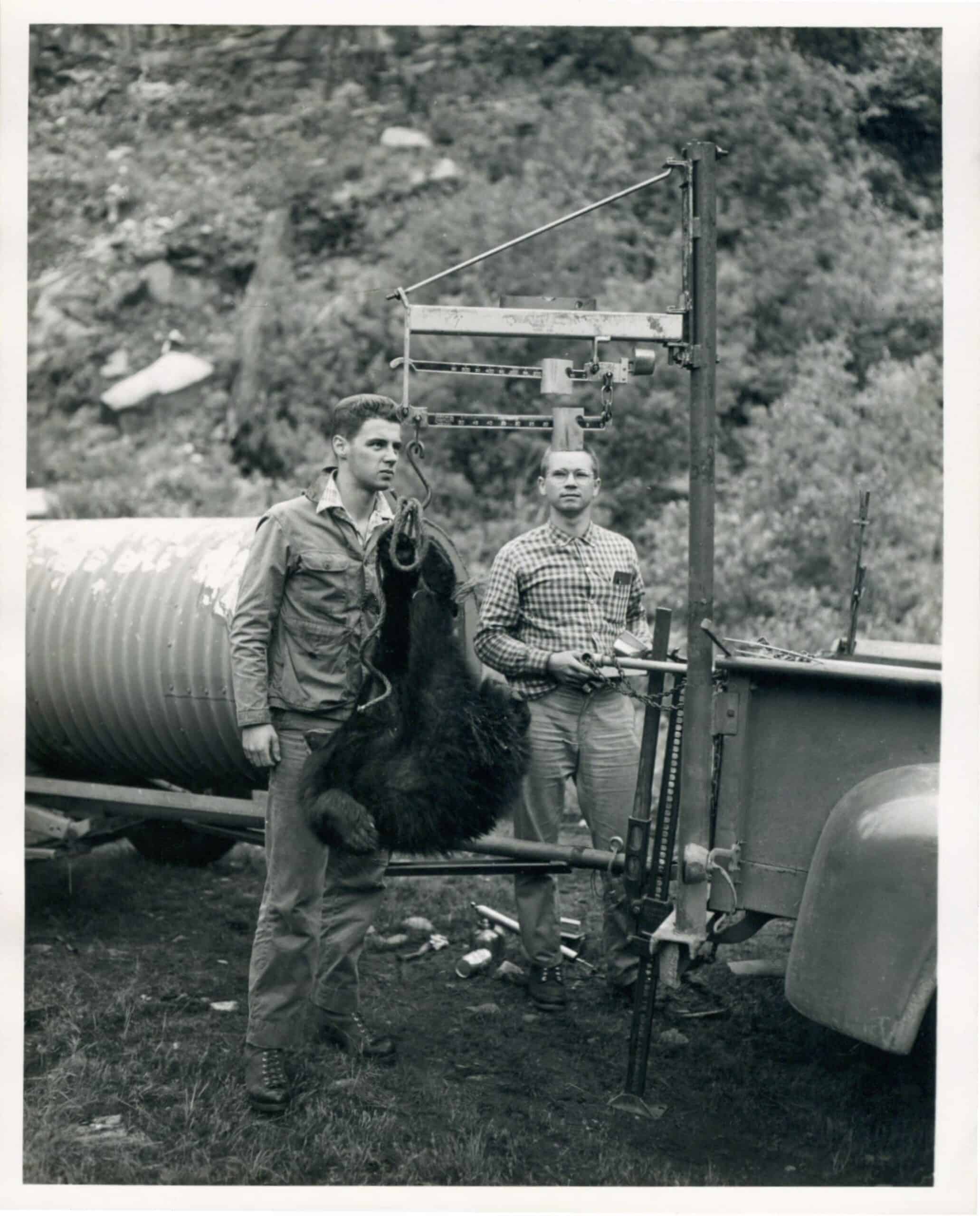Share this article
Trump administration to appeal migratory bird decision
The Trump administration intends to appeal the recent district court decision that struck down its policy interpreting the Migratory Bird Treaty Act to exclude incidental take
The notice of appeal, filed Oct. 9, comes after a lower court in August determined that the administration’s interpretation of the act’s scope was contrary to the plain meaning of the MBTA.
The Migratory Bird Treaty Act of 1918 protects over 1,000 migratory bird species across the United States by making it illegal to take — harm or kill — those species without a permit. The MBTA has traditionally been interpreted as prohibiting both the intentional take of migratory birds and their accidental — or incidental — take.
A 2017 memo from the Department of the Interior’s Office of the Solicitor changed the department’s long-standing interpretation of the act, stating it would no longer apply to incidental take. That memo prompted a lawsuit from the American Bird Conservancy and the National Audubon Society, along with other environmental organizations in May 2018. Those lawsuits were later combined with one filed by eight states. In August, the district court judge agreed with the plaintiffs who argued that interpreting the MBTA to exclude incidental take was contrary to the act itself. The court vacated the memo.
Earlier this month, the administration filed its notice to appeal to the 2nd U.S. Circuit Court of Appeals. The federal appeals courts are split regarding how they interpret the MBTA as it pertains to incidental take. The 2nd Circuit has previously applied a broad interpretation of take, to include most incidental takes.
The administration is likely to argue in its appeal that agency decisions are entitled to deference, as it did in the lower court case. The judge in that case disagreed, basing her decision on the fact that deference to the agency’s expertise was not justified, given that there was no evidence of input from the U.S. Fish and Wildlife Service in the policy.
Earlier this year, the Interior released a proposed rule codifying its new interpretation, eliciting concern from The Wildlife Society and others, including members of Congress. That rule is in the process of being finalized by the Interior, despite its reliance on the same reasoning as the memo recently vacated by the courts.
Header Image: The yellow-rumped warbler (Setophaga coronata) is one of more than 1,000 species protected by the Migratory Bird Species Act. Credit: Peter Pearsall/USFWS








